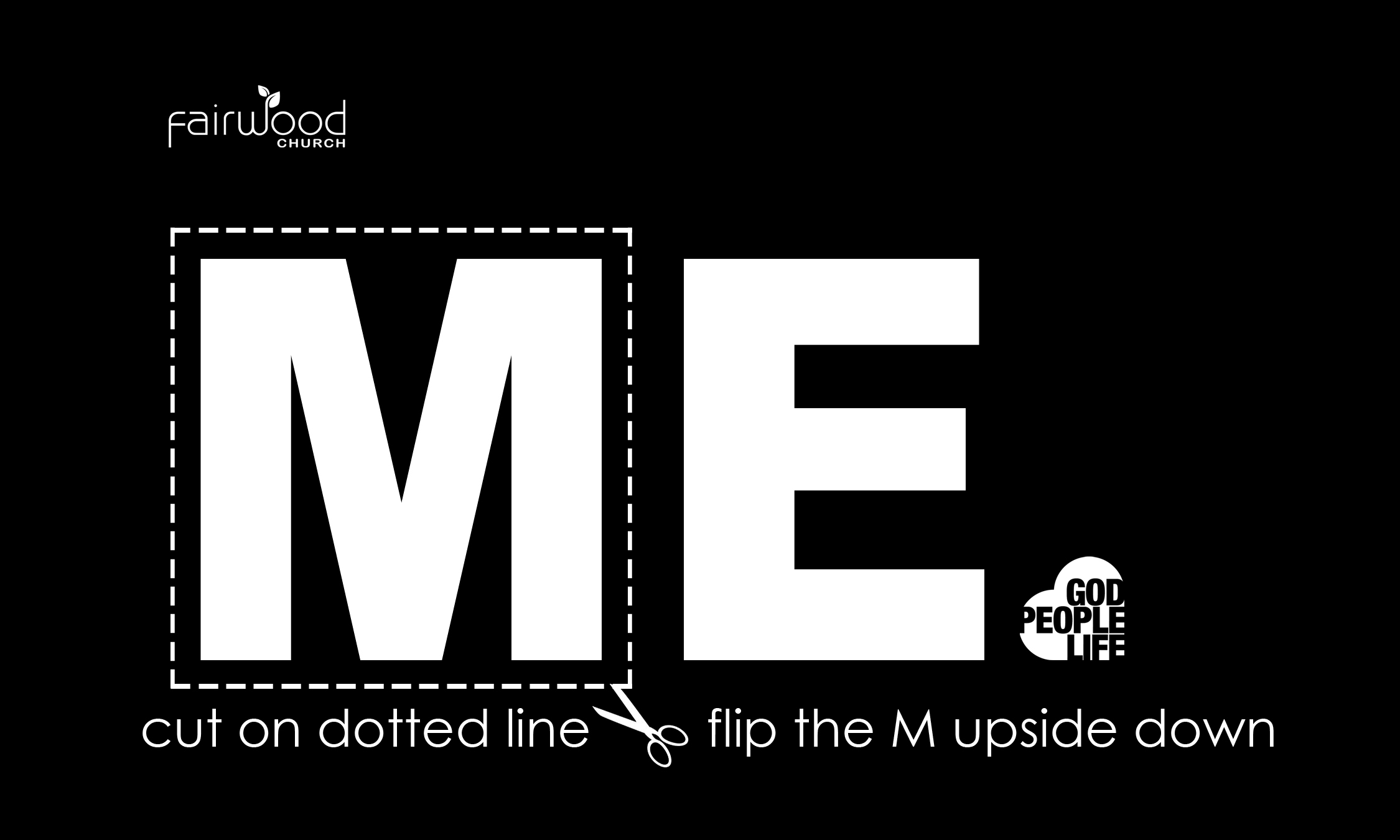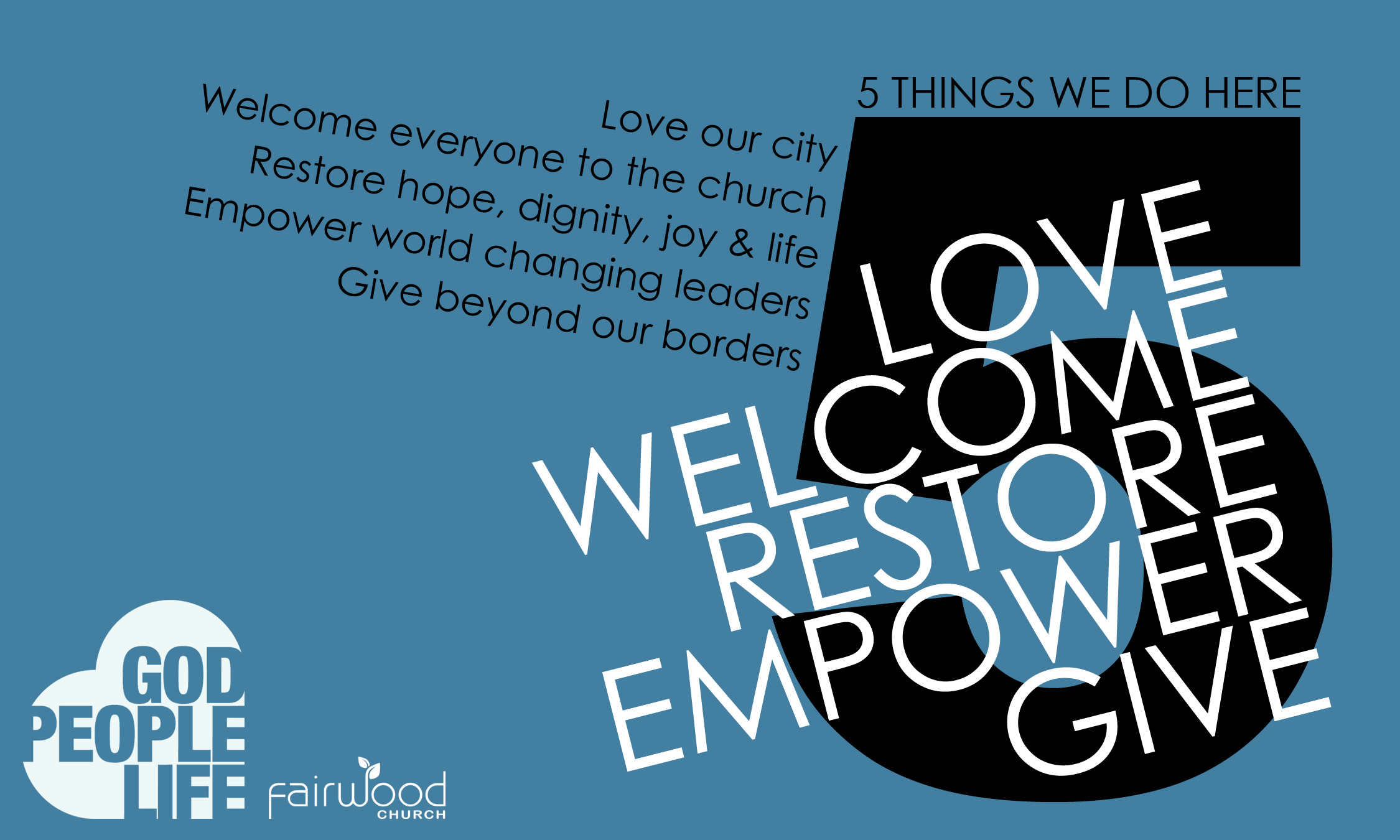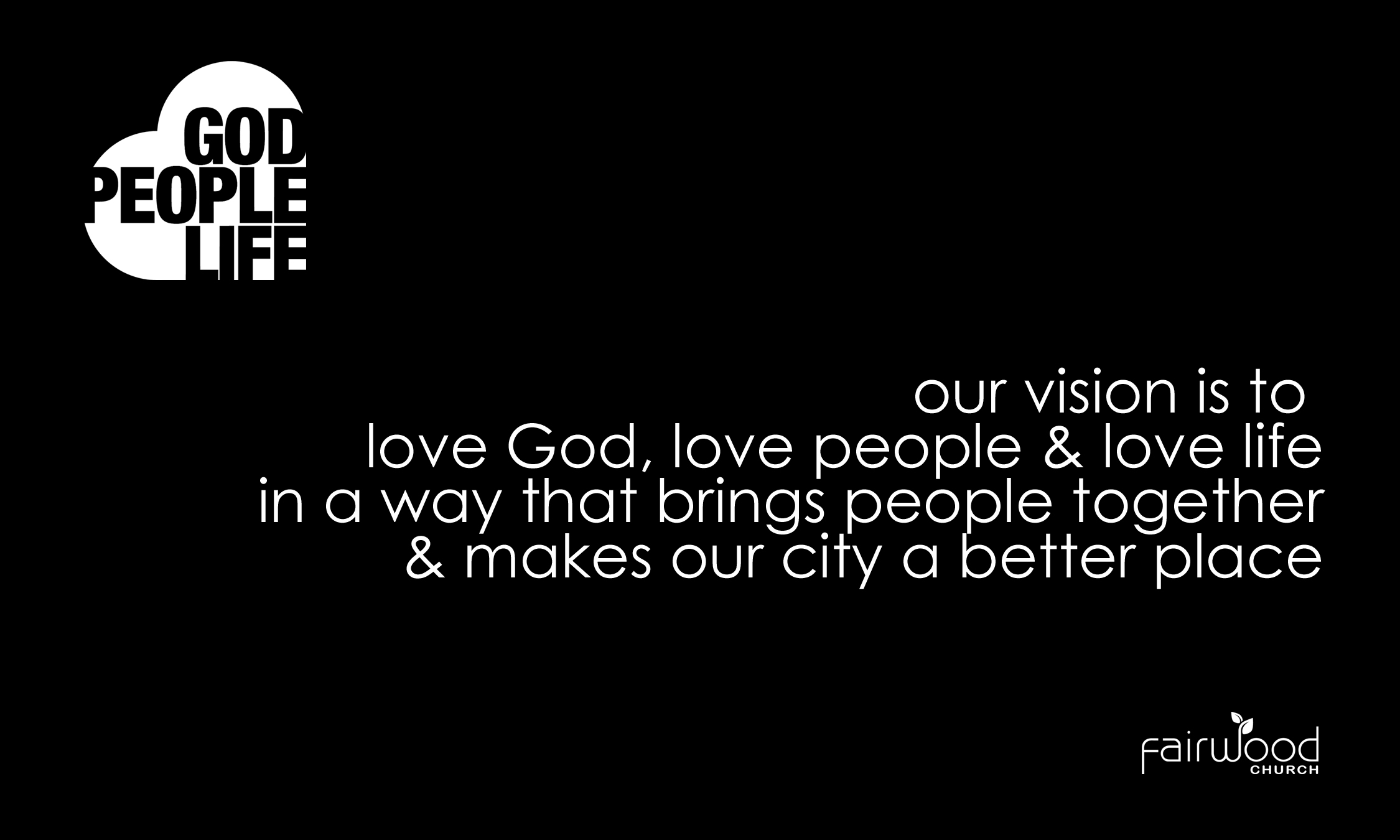God Hid The Body
Moses was a great leader.
God used him to lead 2 million people for 40 years—out of slavery in Egypt, to the brink of the Promised Land on the other side of the desert.
During those years, another generation came up…
And God raised up another leader to take them across the Jordan river into the New Territory.
The Moses era was over. Now, it was Joshua’s turn to lead.
At the end of Moses’ life, God showed him the Promised Land. Moses didn’t get to go in, but he saw it from a distance. He died, and God buried him.
“So Moses, the servant of the Lord, died there in the land of Moab, just as the Lord had said. The Lord buried him in a valley near Beth-peor in Moab, but to this day no one knows the exact place.” (Deuteronomy 34.5, 6 NLT)
That’s pretty interesting—God took care of Moses’ burial and kept the location a secret.
Theologians agree: God did this so that the people wouldn’t worship the body of Moses, so they wouldn’t turn his body into a shrine or an idol.
The separation of Moses from the people was necessary in order for them to get to the next place.
They had to let go of the old so that they could embrace the new.
I’ve been reading a good book by Dr. Henry Cloud called Necessary Endings.
In his book, Dr. Cloud asserts that “endings” are a healthy and necessary part of life. He says, “Endings are crucial, but we rarely like them.”
Dr. Cloud points out that the “Time and Season for Everything” refrain found in Ecclesiastes chapter 3 gives as much emphasis on endings as it does beginnings.
Quoting from the book:
“Nothing lasts forever…
Each season has its own set of activities.
In the language of Ecclesiastes, are there areas of life where you are trying to birth things that should be dying?
Trying to heal something that should be killed off?
Laughing at something that you should be weeping about?”
It’s human nature to hold on to things for too long—have you ever seen an episode of Hoarders?
As Dr. Cloud says, “Endings are crucial, but we rarely like them.”
I don’t think anyone in Israel wanted to see Moses go.
He truly was a great leader.
But if the people held on to Moses (even after his death), they would never have embraced Joshua.
And without Joshua, they couldn’t take the New Territory.
So, God hid the body.
I think sometimes God has to do this in the church too…
He requires one thing to die and another to come take its place.
We must be careful not to turn an era, leaders, styles, methods or traditions into a shrine or idol to be worshiped.
If we do, we will certainly miss out on what God has for us today.








